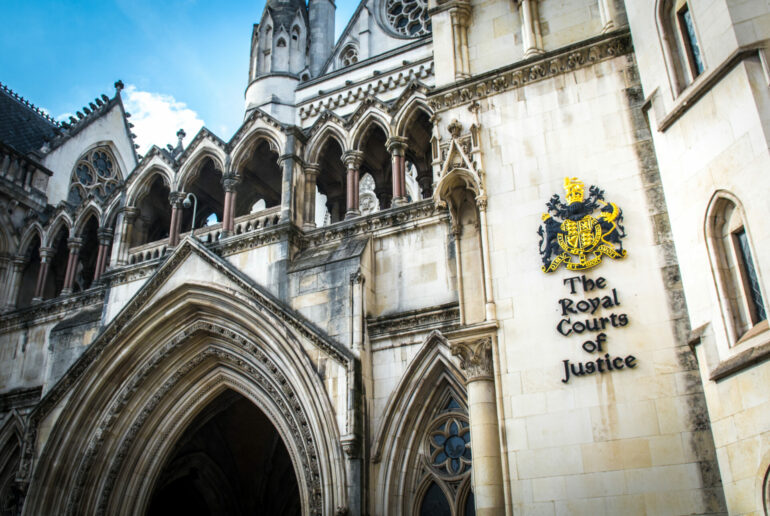The Court of Appeal has issued a significant ruling that provides clarification on what constitutes “arrears” under the Debt Respite Scheme, formally known as the Breathing Space and Mental Health Crisis Moratorium Regulations 2020.
In the judgment handed down on 6th June 2025, the Court considered the joined cases of Forbes v Interbay and Forbes v Seculink.
The central question was whether the full capital sum of a mortgage loan, once called in, could be treated as arrears and therefore protected under a moratorium. The borrower, Mr Forbes, argued that it could be. The lenders disagreed.
The Court ruled that the principal sum of secured debt, whether or not it has been demanded in full, does not qualify as a moratorium debt.
As such, it is not protected during a breathing space or mental health crisis moratorium under the Regulations.
The decision marks the first time the Court of Appeal has addressed how these protections apply to secured debts, and has direct implications for mortgage and bridging lenders.
Mr Forbes had taken out a £1.3m interest-only mortgage with Interbay, secured on a property. After defaulting, the lender demanded full repayment.
In July 2022, Mr Forbes entered a mental health crisis moratorium, but Interbay later commenced possession proceedings in May 2023. Mr Forbes argued the capital sum, having been called in prior to the moratorium, should be considered arrears and therefore subject to protection.
However, the Regulations define arrears as unpaid amounts (excluding capitalised mortgage arrears) that became due before the moratorium, and explicitly exclude secured debts that are not arrears. The Court confirmed that a demanded capital sum falls outside this definition.
Jonathan Newman, senior partner at Brightstone Law LLP, said: “The ruling provides welcome certainty for creditors, reinforcing that the moratorium scheme is not intended to restrict enforcement of secured lending beyond missed instalment payments.
“It confirms that called-in capital does not qualify as moratorium debt, resolving a point that had created considerable uncertainty in practice.”



